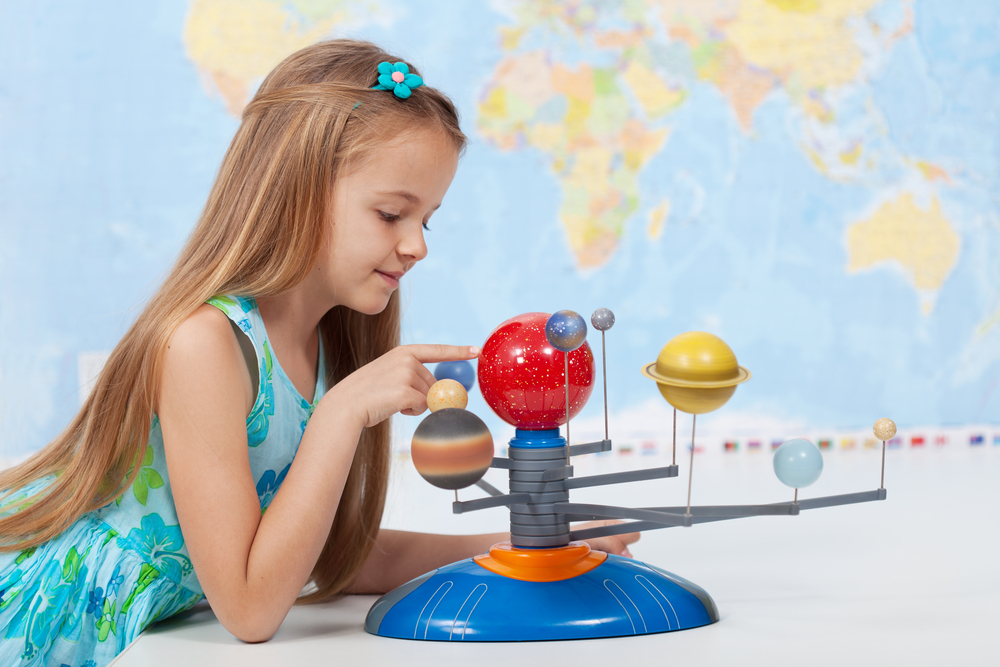Phonics enhancement Worksheets for Ages 6-9
5 filtered results
-
From - To
Boost your child’s reading skills with our "Phonics Enhancement Worksheets for Ages 6-9" at Kids Academy. These expertly designed worksheets focus on essential phonics skills, helping children recognize letters, decode words, and improve reading proficiency. Each engaging activity targets specific phonics concepts, making learning fun and effective. Perfect for parents and teachers, our resources support children’s literacy development with colorful, interactive exercises. Start building a strong foundation in reading today with Kids Academy's Phonics Enhancement Worksheets, designed to make learning an enjoyable adventure for young readers!
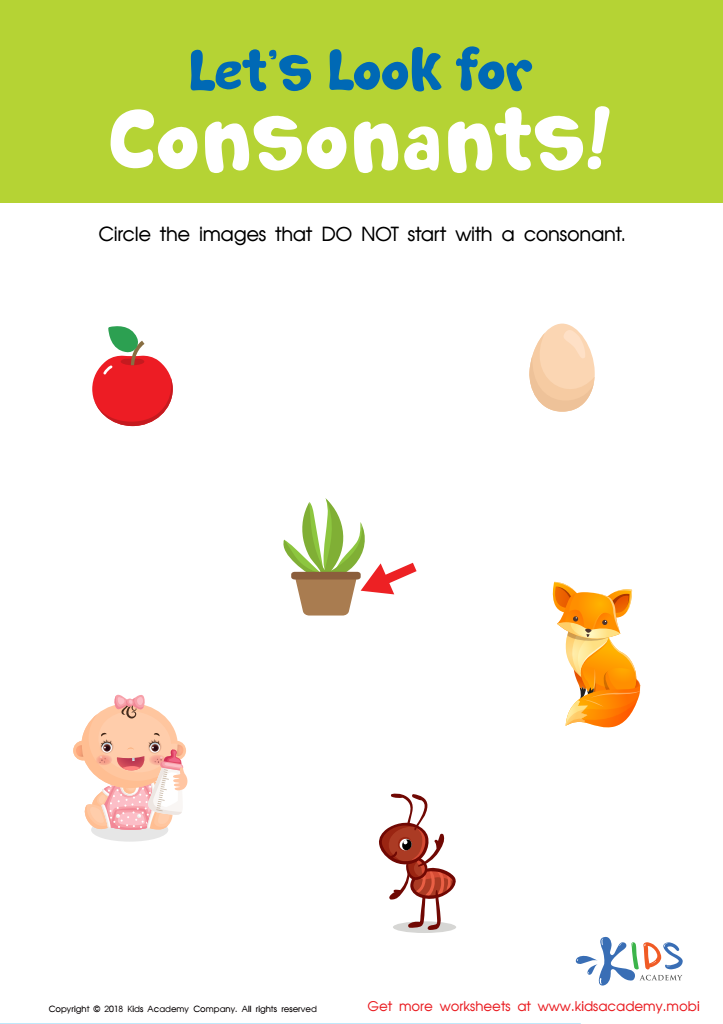

Let's Look for Consonants Worksheet
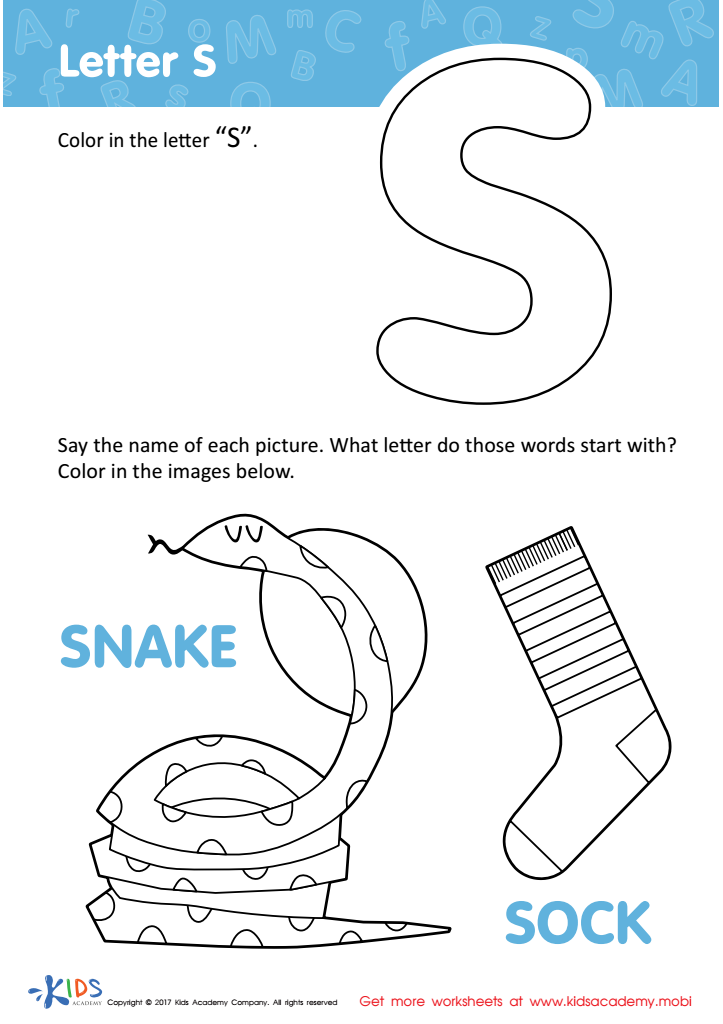

Letter S Coloring Sheet
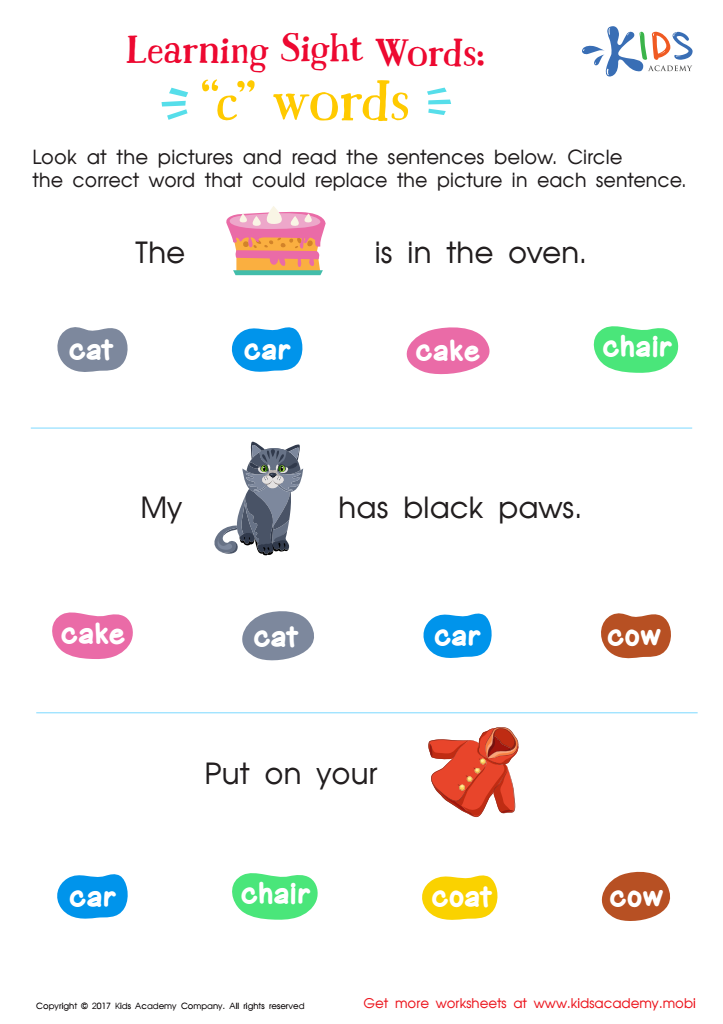

"C" Words Printable Sight Words Worksheet
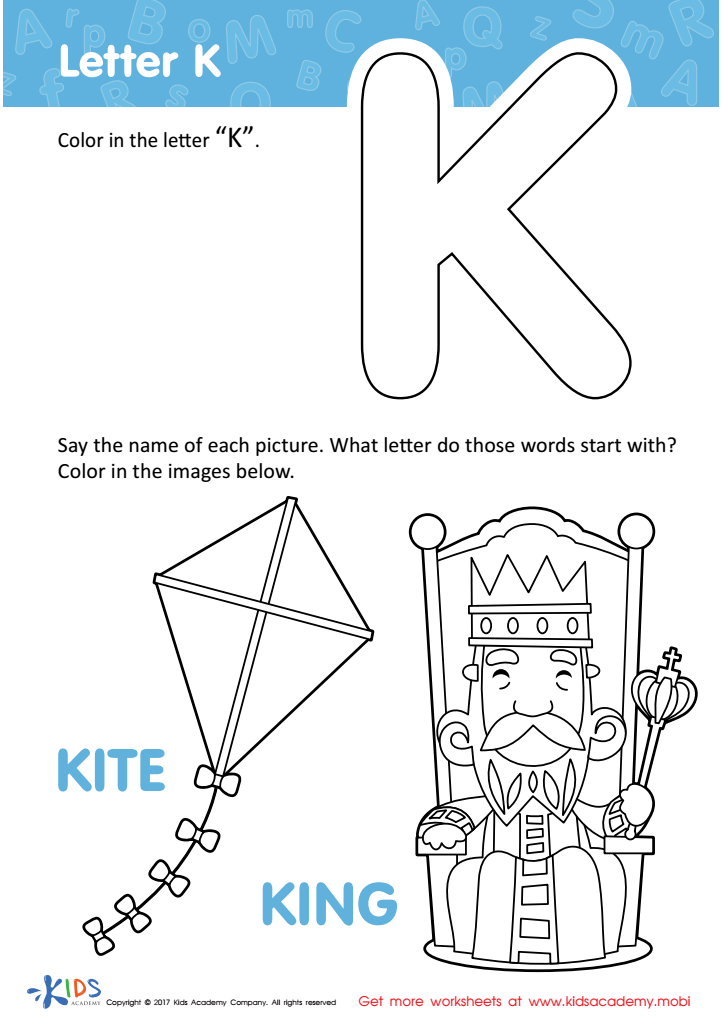

Letter K Coloring Sheet
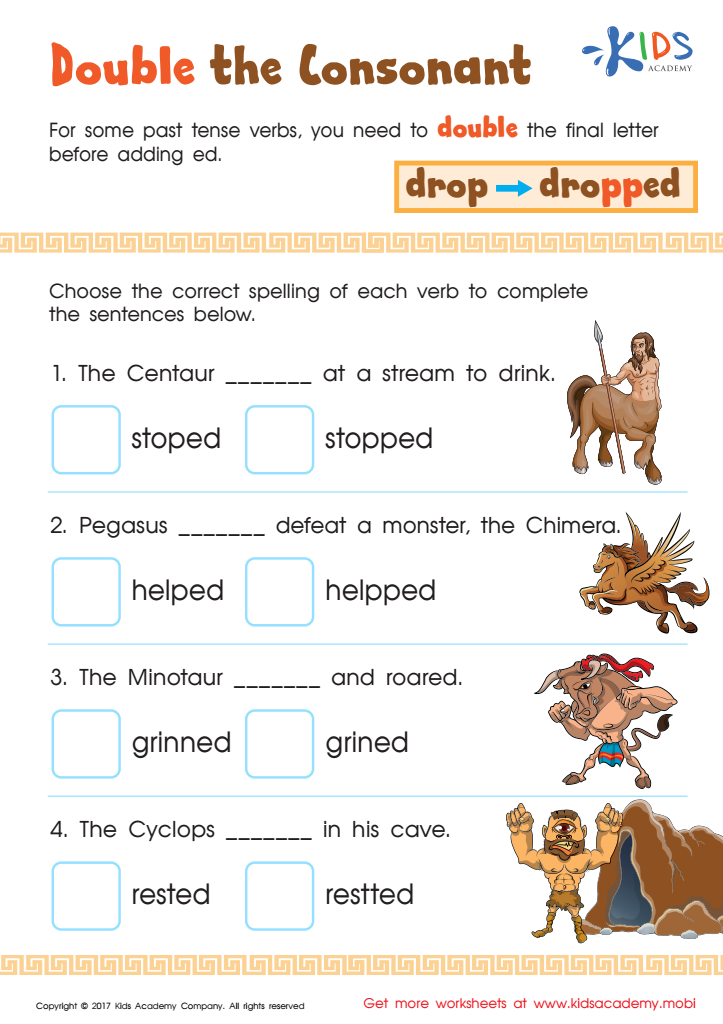

Double Consonant Spelling Worksheet
Phonics enhancement is crucial for children aged 6-9, typically when they are in first through third grade, an extremely formative period for literacy development. Phonics refers to the relationship between letters and sounds, which is foundational to successful reading and writing. During these early years, children learn to decode words by recognizing patterns and systematic relationships between written and spoken language.
Parents and teachers should prioritize phonics enhancement because it builds essential skills for fluent reading. Without a solid grounding in phonics, children might struggle with word recognition, leading to reading difficulties that can affect their overall academic performance. Effective phonics instruction helps prevent long-term literacy issues, as children who fall behind in reading early on often continue to struggle, impacting their confidence and love for learning.
Additionally, phonics enhancement can boost a child's comprehension abilities. When young learners can fluently decode words, they can focus on understanding and interpreting text rather than laboring over each word. This shift ultimately promotes higher-order thinking skills and a deeper engagement with the material.
Moreover, early success in reading through phonics can fuel a child's motivation and enthusiasm for learning. When children feel confident in their reading abilities, they are more likely to enjoy school and approach new learning tasks with curiosity and confidence, setting a positive trajectory for their educational journey.

 Assign to My Students
Assign to My Students






